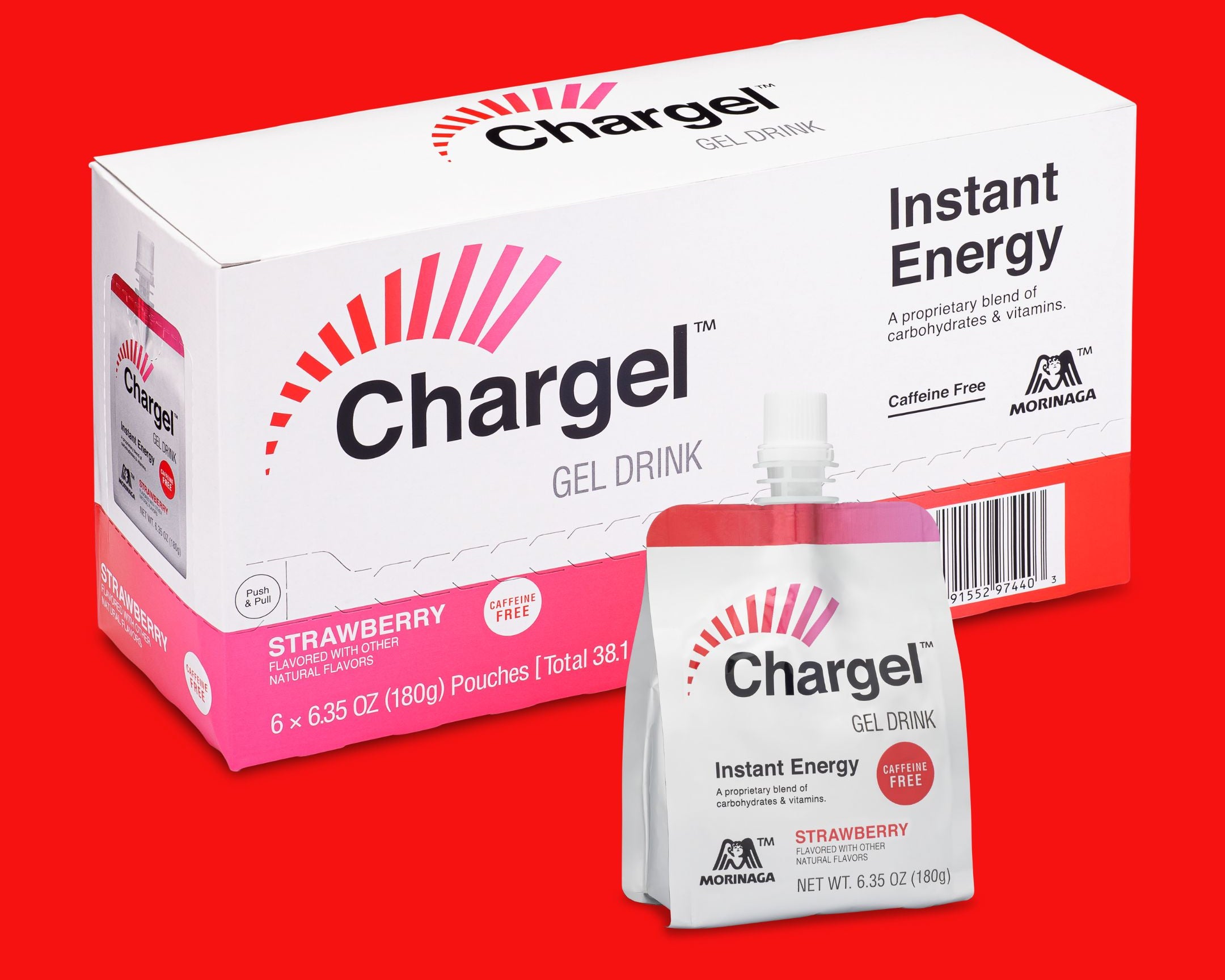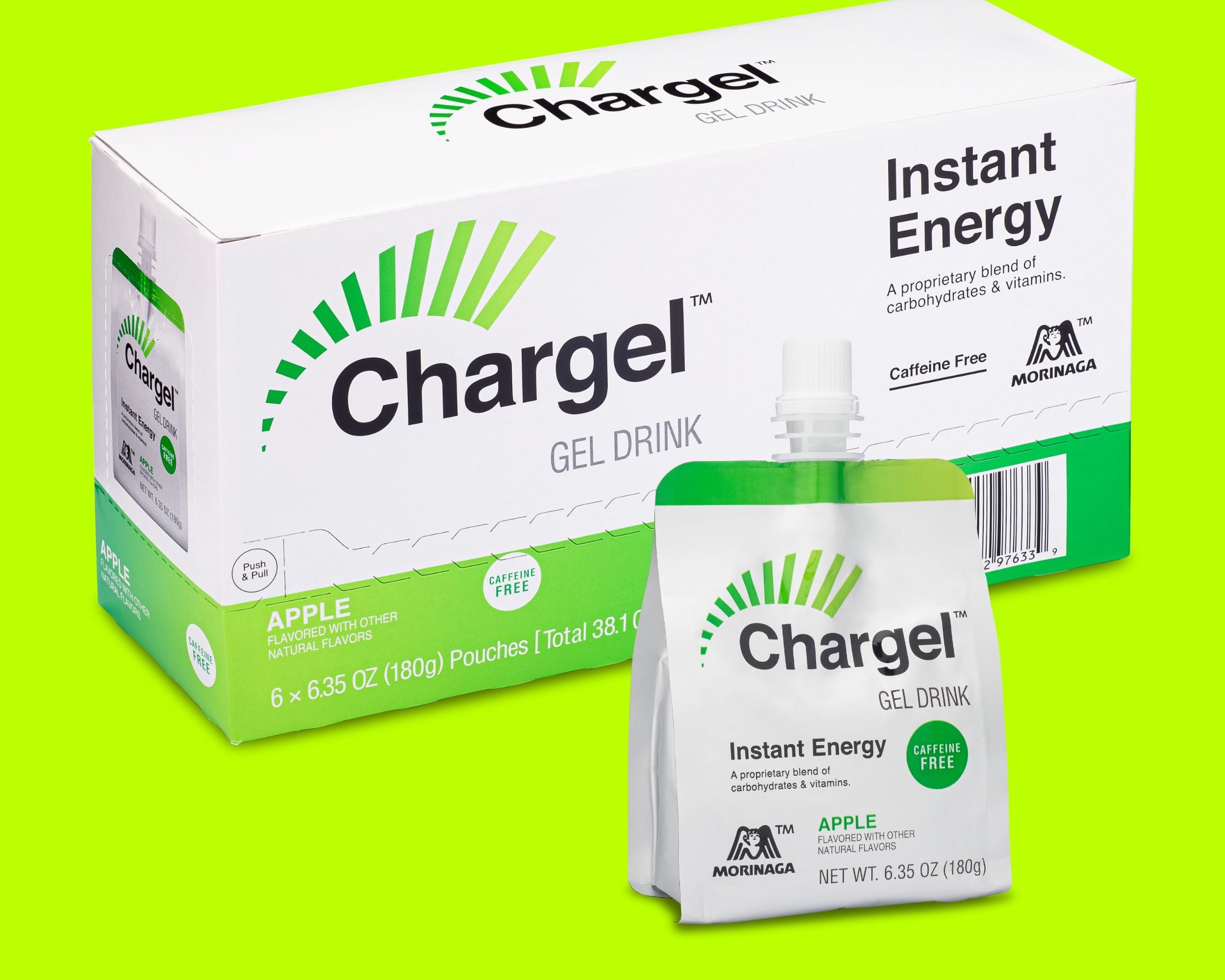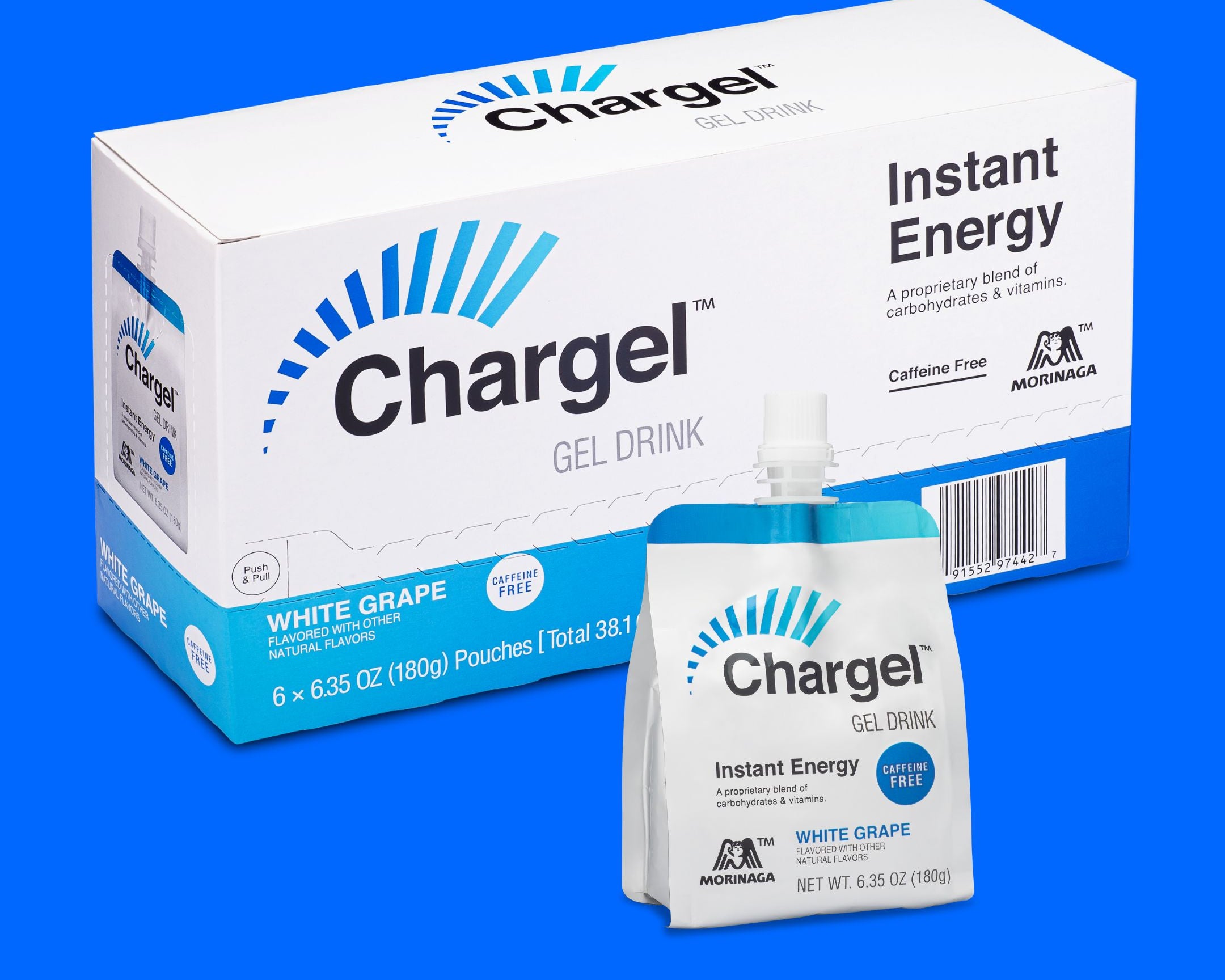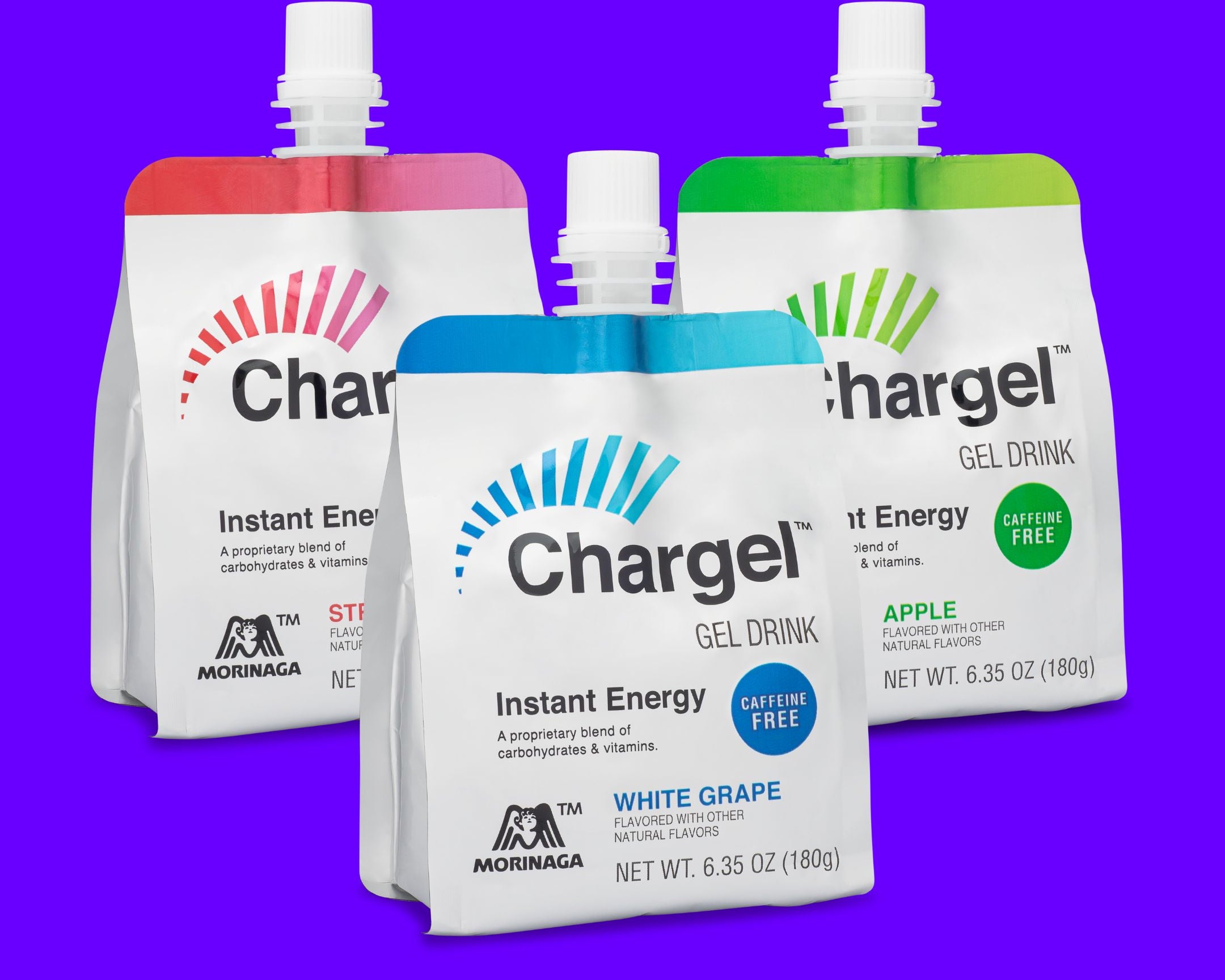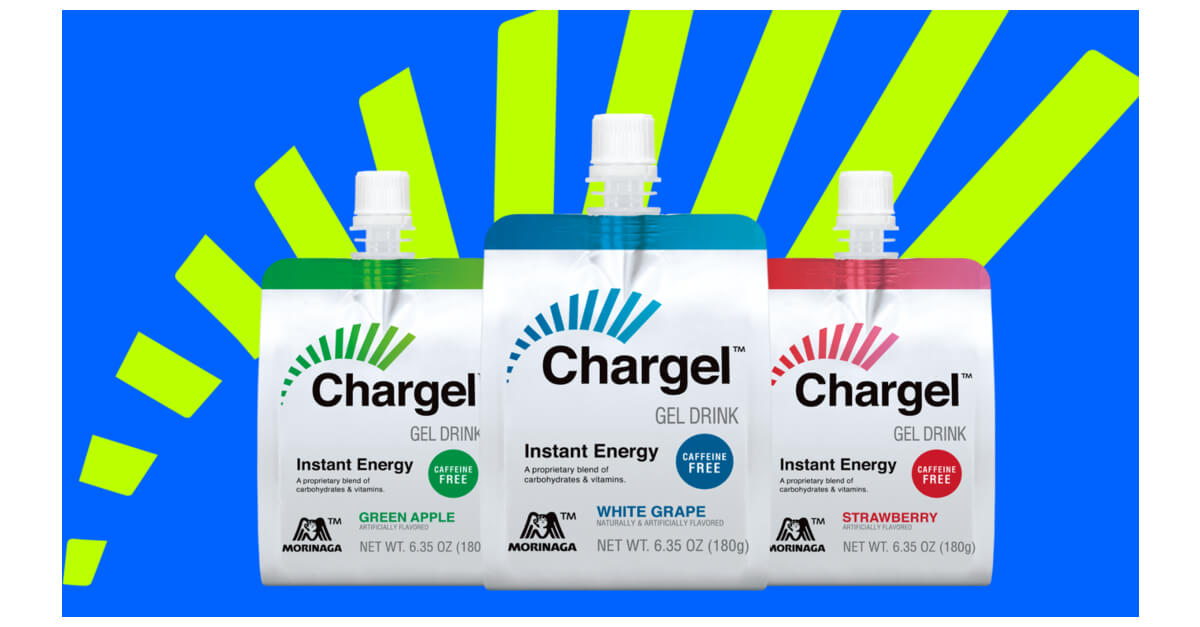Essential Principles for Optimal Performance
Performance fueling requires tailored strategies based on the activity type: endurance, strength, or high-intensity. Here are universal principles to maximize energy output, recovery, and overall performance, whether you are a beginner or an experienced athlete seeking to enhance your performance.
1. Know Your Numbers and How to Hit Them:
● Track your carbohydrate, hydration, and electrolyte (particularly sodium) needs per hour.
● Experiment with various fuel sources to find what you prefer and what works for you, including chews, gels, bars, liquid nutrition, fruit, candy, chips, and solids. I recommend Chargel caffeine-free energy gels!
● Practice using your pack, belt, and bottle efficiently.
2. Be Prepared to Adjust:
● Race day can present challenges, and it is crucial to continue fueling and hydrating.
● Develop adaptability and learn to adjust your intake as needed.
3. Train Your Gut:
● Carbohydrate requirements increase beyond 90 minutes of exercise.
● The general standard for carbohydrates is 60g/hr. However, some age-groupers can now consume 80-100g/hr, while elite athletes may reach 120+g/hr.
● Patience is essential as it takes time to increase carbohydrate intake and train the gut to process more effectively.
● Heat, humidity, altitude, and intensity impact the gut’s nutrient processing. Practice and train to improve this aspect.

4. Carb Load:
● Carbohydrate loading is typically performed 2 days prior to the race.
● Experiment with both liquid and solid carbohydrates.
● It is important to note that not all carbohydrates are equal. There are simple, complex, soluble, and insoluble fiber, as well as other types of carbohydrates beyond glucose. Familiarize yourself with what works best for you in training before the race.
● Maintain a healthy and balanced diet during race week, similar to your regular routine.
● Practice timing and nutrition during training.
● Nervousness on race morning can affect how your body processes nutrients, making practice crucial.
● Example:
● 90 minutes before practice: Consume 200-400 calories for a half-marathon or full marathon.
● 5 minutes before practice: Have 100-200 calories of simple carbohydrates, such as a gel. Chargel has 45 grams of simple carbohydrates for 180 calories per pouch, making it a great choice for fueling!
5. Fuel Recovery
● Prioritize protein intake.
● Celebrate your progress and prioritize a healthy, balanced meal.
The more ideal your nutrition is after key training sessions or race day, the better you’ll recover and be prepared for the next challenge

Author Profile: Nadia Ruiz
Nadia Ruiz, a Los Angeles native and daughter of Ecuadorian immigrants, is an educator, coach, and community advocate dedicated to inspiring others to pursue fitness and personal growth. After running her first marathon at 14 with her father, she has been running competitively for 28 years and completed over 650 races, including 159 marathons, 21 ultra marathons, and 18 Ironmans, often placing among the top women. A UCLA graduate with a master’s degree in biology and education, Nadia spent a decade teaching high school before transitioning to coaching, marketing, and event production. Recognized as the youngest woman to run 100 marathons in 2013, she now runs an online coaching business and continues to empower individuals and support youth sports through education, sport, and storytelling.
You can contact Nadia if you are looking for an endurance run coach to help you reach your goals this upcoming marathon season.
